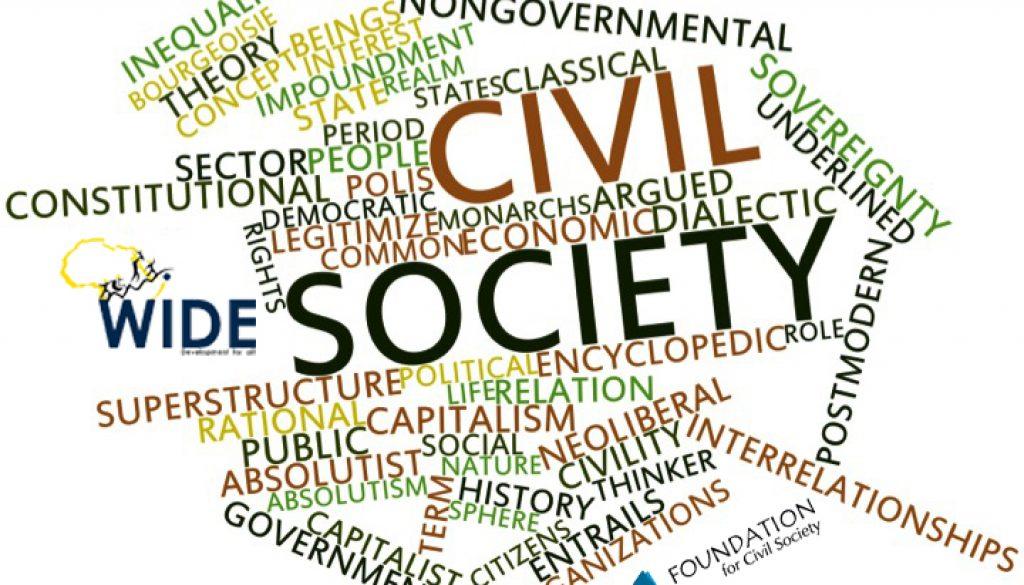By Sulaiman Aruna Sesay
Good governance is critical for the development and prosperity of any nation. In Africa, the role of civil society in promoting good governance has become increasingly important, given the challenges faced by many governments on the continent. This research paper explores the challenges and opportunities that civil society faces in promoting good governance in Africa. Using a qualitative approach, the study draws on existing literature and case studies to analyse the role of civil society in promoting good governance in Africa.
The paper identifies the challenges facing civil society in Africa, such as limited resources, weak legal frameworks, and government hostility. Additionally, the study highlights the opportunities available for civil society to promote good governance, such as the use of social media and other forms of technology, international support, and partnership with the private sector.
The study concludes that civil society has a crucial role to play in promoting good governance in Africa. However, to be effective, civil society organizations must overcome the challenges they face and take advantage of the opportunities available to them. This research paper provides recommendations for civil society organizations, governments, and international donors to support the efforts of civil society in promoting good governance in Africa.
For many Sierra Leoneans, constant power outages are a part of their daily lives. The lack of reliable electricity is one of the major issues affecting the country’s development. Yet, as the government struggles to find a lasting solution to this problem, it seems like many civil society organizations (CSOs), religious leaders, and musicians have remained silent.
Sierra Leone has been experiencing electrical blackouts for years, and the situation only seems to be getting worse. The country’s power sector is plagued with a range of challenges, including obsolete equipment, poor maintenance, vandalism, theft, and insufficient investments. As a result, many homes and businesses have no option but to rely on generators, which increase their operational costs and emit harmful pollutants.
It is disheartening to see how the government has seemingly failed to find a lasting solution to this problem. The authorities have announced several initiatives to address the issue, including the construction of new power plants and the rehabilitation of existing ones. These efforts seem to fall short of translating into concrete changes in the lives of the citizens.
More worrying is the silence of civil society organizations, religious leaders, and musicians on this issue. These groups have a significant influence on society and have often been at the forefront of advocating for social change. They seem to have turned a blind eye to this critical issue affecting Sierra Leoneans.
As we look at the role of civil society organizations in addressing the country’s challenges, one wonders why these groups have remained silent. Are they afraid of being labelled as partisan by the government? Or have they become complacent and lost sight of their role in holding the government accountable?
Similarly, religious leaders who have the unique ability to reach and mobilize masses seem to be disengaged. Where are the fiery sermons about the plight of the people and the need for social justice? Are they no longer shepherds of their flocks but merely silent bystanders?
And what about the musicians who have used their craft as a tool for social change? Where are the protest songs about the dire state of electricity in the country? Are they no longer interested in speaking truth to power, or have they lost their sense of responsibility to their fans and society at large?
It is high time that these groups speak up and demand solutions to the electricity crisis that is holding Sierra Leone back. They should use their platforms to amplify the voices of ordinary citizens who are bearing the brunt of this problem. They should push the government to take more decisive action in addressing the issue, including investing in renewable energy and tackling corruption in the power sector.
The silence of civil society organizations, religious leaders, and musicians on the issue of constant blackouts in Sierra Leone is deafening. It is time for them to wake up and speak up for the people they represent. The government must also take action on this issue, as access to reliable electricity is a fundamental human right and a crucial component of sustainable development. Sierra Leoneans deserve better, and it is up to all of us, government, civil society organizations, religious leaders, and musicians, to demand a brighter future.












